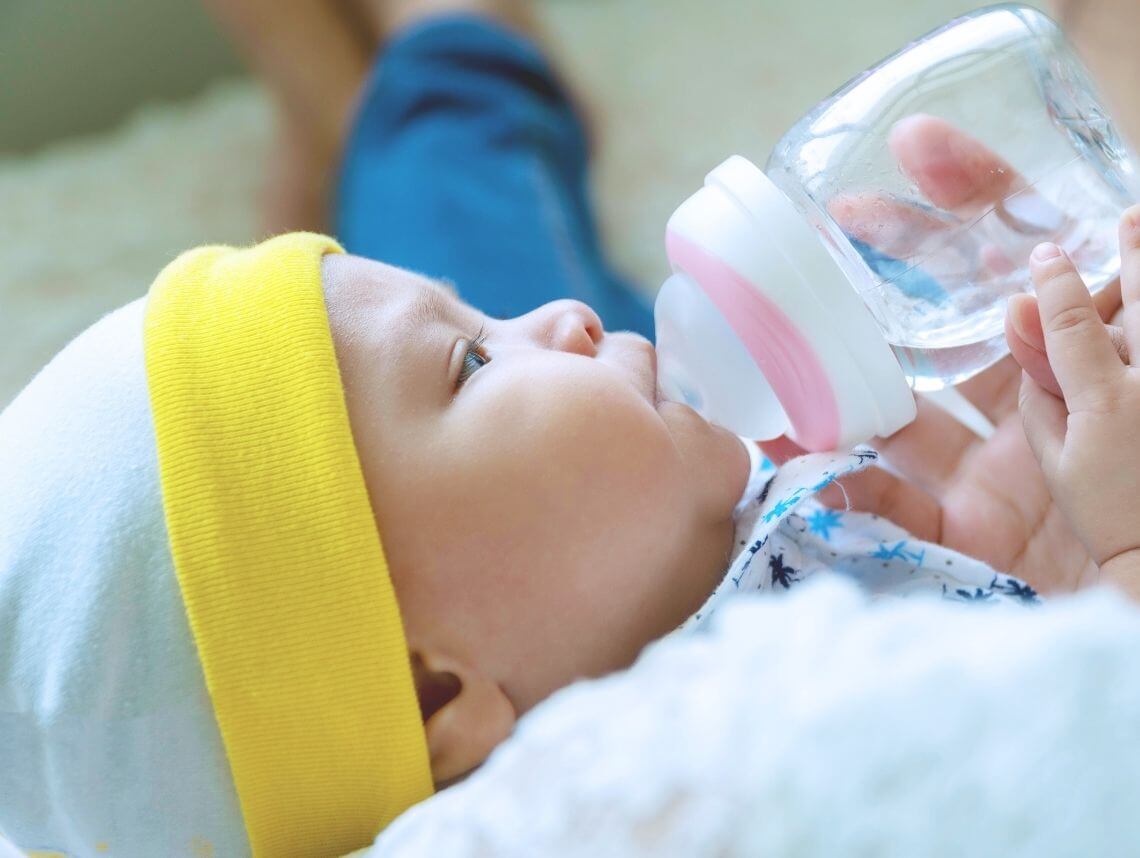Dysautonomia is a condition that most parents have not heard of until they encounter the term from a pediatrician or specialist. Also known as adolescent autonomic dysfunction, dysautonomia affects the functioning of the autonomic nervous system.
The nervous system as a whole controls sensory and motor function, allowing us to feel and move. The somatic nervous system controls voluntary movement and function, which enables us to walk and pick up objects. The autonomic nervous system is what controls our functions such as breathing, heart rate, and digestion that need to occur automatically.
What is Dysautonomia?
Dysautonomia is any condition that disrupts the proper function of the autonomic system. Pediatric dysautonomia is still being fully understood, and it is a condition that is receiving increased attention. If your child has been diagnosed with dysautonomia, or you are researching potential causes for symptoms like dizziness, fatigue, abnormal heart rate, or breathing difficulties, the following information can help you learn more.
Pediatric Dysautonomia Causes Risk Factors
Medical researchers are still working to fully understand the causes of dysautonomia in children. Potential causes include:
- Genetics: Inherited genetic differences can result in dysfunction of the autonomic system. For example, inheriting an abnormal gene called ELP1 (or IKBKAP) from both parents can cause a form of this condition called familial dysautonomia.
- Brain Damage: Physical trauma, tumors, stroke, and other problems can cause brain damage in children that inhibits autonomic nerve system function.
- Infections: Certain viral and bacterial infections can disrupt the peripheral nerve system in conjunction with a condition known as Guillain-Barré syndrome (GBS), leading to pediatric dysautonomia.
- Autoimmune Diseases: Autoimmune diseases are conditions where antibodies attack healthy cells in the body. In some cases, nerve damage that leads to dysfunction in the autonomic nerve system can be a byproduct.
Another cause of dysautonomia is certain neurodegenerative diseases like Parkinson’s Disease and certain forms of dementia. However, since these conditions are very rare in children they are not generally related to pediatric dysautonomia.
Pediatric Dysautonomia Symptoms
Dysautonomia in children is often diagnosed after parents seek treatment for the following symptoms and issues in their child:
- Abnormal heart rate
- Dizziness
- Fatigue
- Headaches
- Nausea
- Urinary problems
- Abnormal sweating
- Difficulty adapting to heat or cold
- Fainting or passing out a lot
- Anxiety
- Chronic pain
- Weakness
- Sleeping problems
- Mood swings
- Brain fog “forgetfulness”
- Difficulty swallowing
- Noise/light sensitivity
- Balance problems
- Chest pain
Pediatric Dysautonomia Risk Factors
Risk factors for dysautonomia include genetics, diagnosis of certain conditions, and head injuries. Familial dysautonomia (FD) is usually identified shortly after birth and can result in feeding problems, low body temperature, and decreased pain response. This form of dysautonomia can develop into serious issues in older childhood, including spells of vomiting, rapid heart rate, and high blood pressure.
Dysautonomia is not a preventable condition, but there are treatment options. Receiving a diagnosis as soon as possible is one of the best ways to ensure the best potential treatment outcome.
Pediatric Dysautonomia Diagnosis
Testing for dysautonomia can include imaging, genetic testing, testing for blood pressure and heart rate in different positions, skin biopsy, and antibody tests.
Upon diagnosis of dysautonomia, treatment will depend on the specific type of disorder. Increasing hydration, and prescribing certain medications are common approaches for this condition. In some cases, a pacemaker may be required.
Caring for a Child with Dysautonomia
To ensure the best chances of healthy ongoing development, children with dysautonomia very often benefit from specialized care and attention. This may be especially true for babies with FD. From achieving developmental milestones to overcoming behavioral challenges, parents should consult closely with pediatricians and specialists to build an effective pediatric care plan.
Pediatric home health services help many parents find the support they need to offer the entire family a balanced and well-rounded quality of life.
Contact Sonas for Home Health Care in Florida
It can be hard to balance your time between work, home, and caring for a child. That’s why our team of skilled professionals at Sonas Home Health Care is here to help. We have been enforcing precautionary measures and following the Centers For Disease Control (CDC) guidelines for COVID-19 to ensure the safety and health of our clients and employees.
Our home health care services offer support in the comfort of your home. We refer loving and competent nurses to provide customized care for families — from a few hours a day to around-the-clock supervision. Contact us directly to speak with a home health care professional or request a free in-home assessment. Together we can determine the best plan of action to keep your loved ones happy and healthy.
If you or a loved one are considering Pediatric Home Health Care Services in Florida, contact the caring staff at Sonas Home Health Care. Call today at (888) 592-5855.
This blog was reviewed by Jillian Miller BSN, RN — Director of Nursing for Sonas Home Health Care’s Tampa Bay market — for clinical accuracy. Jillian Miller has been a nurse for 16 years — working primarily in pediatrics. She believes the best part of working with the pediatric population is when you see smiles from clients when you first enter the room. She loves seeing the difference you can make in families’ lives while providing the best care possible for them.

